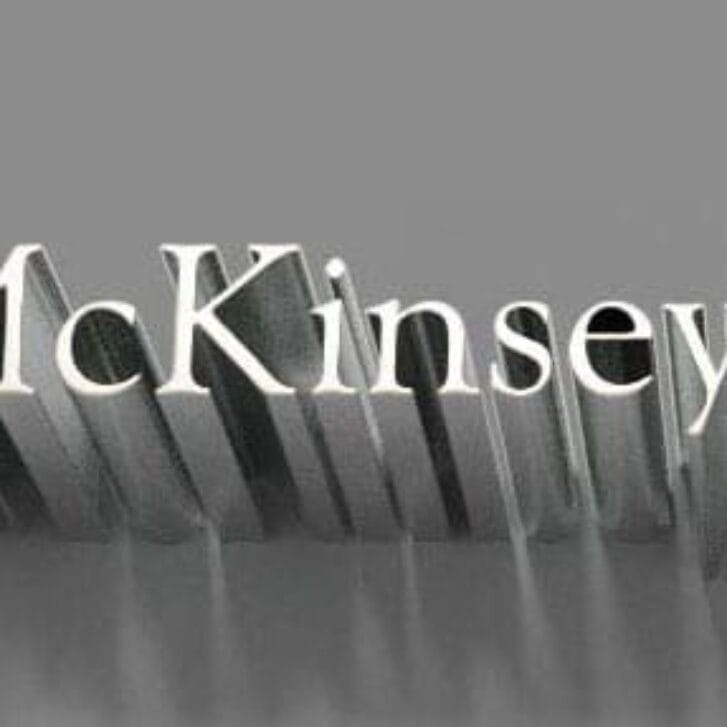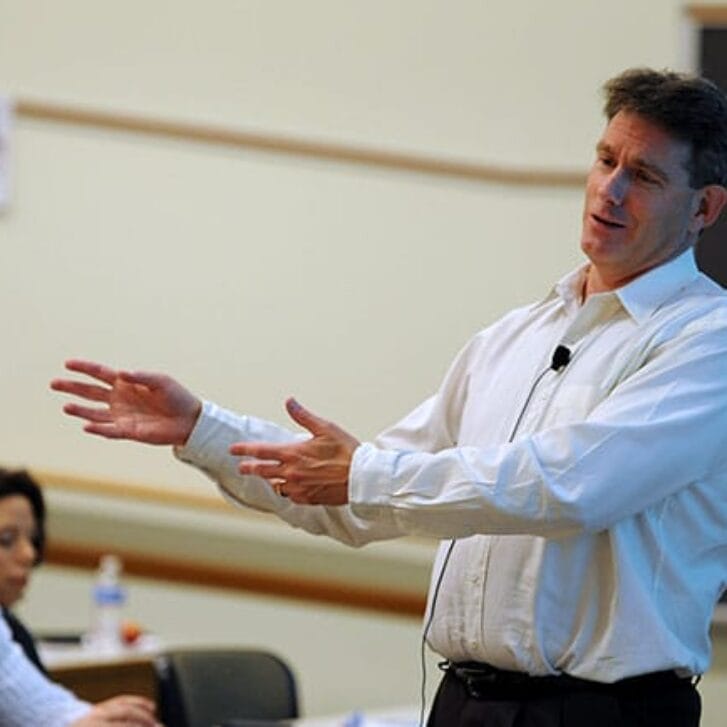This summer marks five years since I began my tenure as dean of the Wharton School. As I look back on this time, I am struck by the seismic shifts that have altered how the world lives, learns, and works. But I am also encouraged by witnessing how the Wharton community has not only adapted but led through this era of profound disruption.
The pandemic ushered in a host of changes, not least of which was a need for digital transformation at warp speed. Without the external push toward technical progress, we’d likely have had to wait years or decades to achieve such outcomes. Today, the exponential advancements delivered by AI demonstrate just how powerful a player innovation can be in transforming every aspect of business and society.
At Wharton, we embrace this idea, in part because our storied reputation is defined by our commitment to innovation. Time and again, we have taken decisive action to meet the moment by researching and reimagining the fields, functions, and phenomena that influence the business world. And our approach to AI is no different.
Building on a nearly 20-year foundation of excellence in analytics and data science, Wharton is continuing our tradition of progress. By infusing AI into our classrooms and business operations, investing in our faculty’s groundbreaking AI-related research, and spearheading meaningful collaborations between industry and academia, we will better prepare ourselves — and the world — for an AI-enabled future.
Take, for instance, a new Executive Education experience we pioneered this year with tech visionary and LinkedIn co-founder Reid Hoffman, titled Leading an AI-Powered Future. Together, Reid and Wharton’s world-renowned faculty explored timely and salient strategies to equip leaders with the knowledge needed to harness AI’s promise while avoiding its pitfalls. This aggressively balanced strategy extends to our research centers and can be seen in how we experiment with AI while also addressing its risks. The newly created Wharton Generative AI Labs prioritize AI prototyping to create new applications aimed at improving how society works and learns. In parallel, the Wharton Accountable AI Lab, launched this spring, explores critical issues like bias, privacy, legal responsibility, misinformation, and job displacement, among others.
While we know Wharton has a crucial role to play in understanding the complex and interrelated issues that AI raises, we also recognize that the insights emanating from our institution will have an immediate impact in the real world. This is why I continue to stress the importance of business schools being in service to business. I’m particularly encouraged by our recent engagements with industry partners like Accenture, where our shared goal of developing applicable insights for the business community is measurably moving the needle.
All of these efforts have necessitated that we embrace the need to move at the speed of innovation. I could not be prouder to see Wharton step forward as the academic authority on the application of AI and analytics to fuel business innovation and meaningful progress.
While these accomplishments are no doubt points of pride, I’m even more optimistic about what lies ahead. The boundless potential of this community — our outstanding students, faculty, staff, alumni, and partners — is evident every day in the ideas you turn into actions that change lives. Together, let’s embrace the Wharton spirit of bold thinking and purposeful action that will continue to propel us forward.
Erika H. James is dean, Reliance Professor of Management and Private Enterprise, and professor of management at the Wharton School.
Published as “Through Disruptive Change, Wharton Leads” in the Spring/Summer 2025 issue of Wharton Magazine.


























